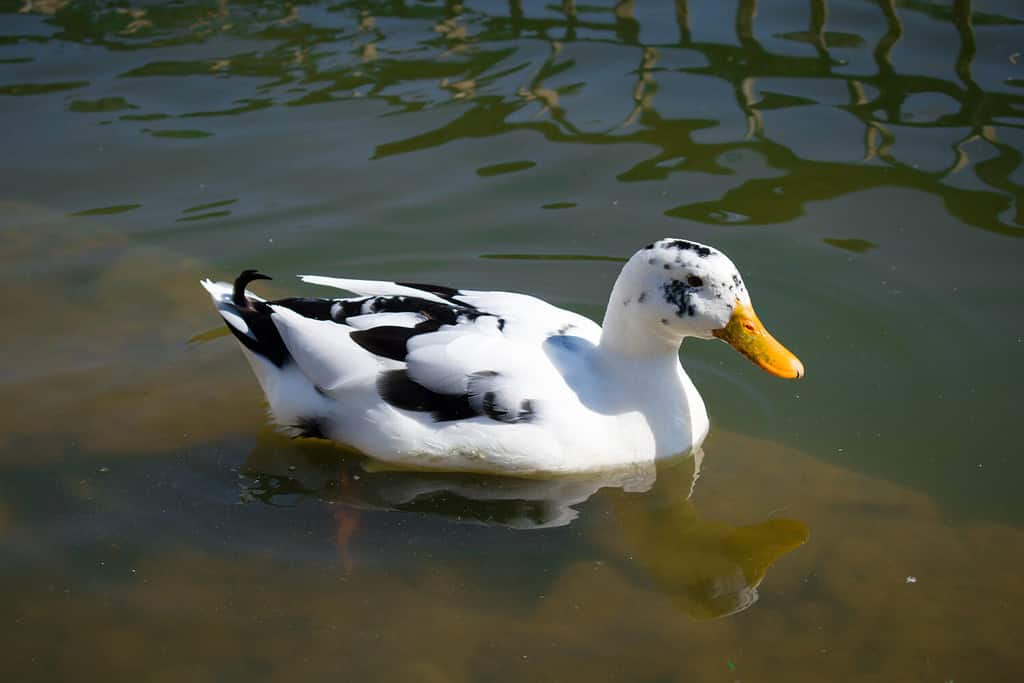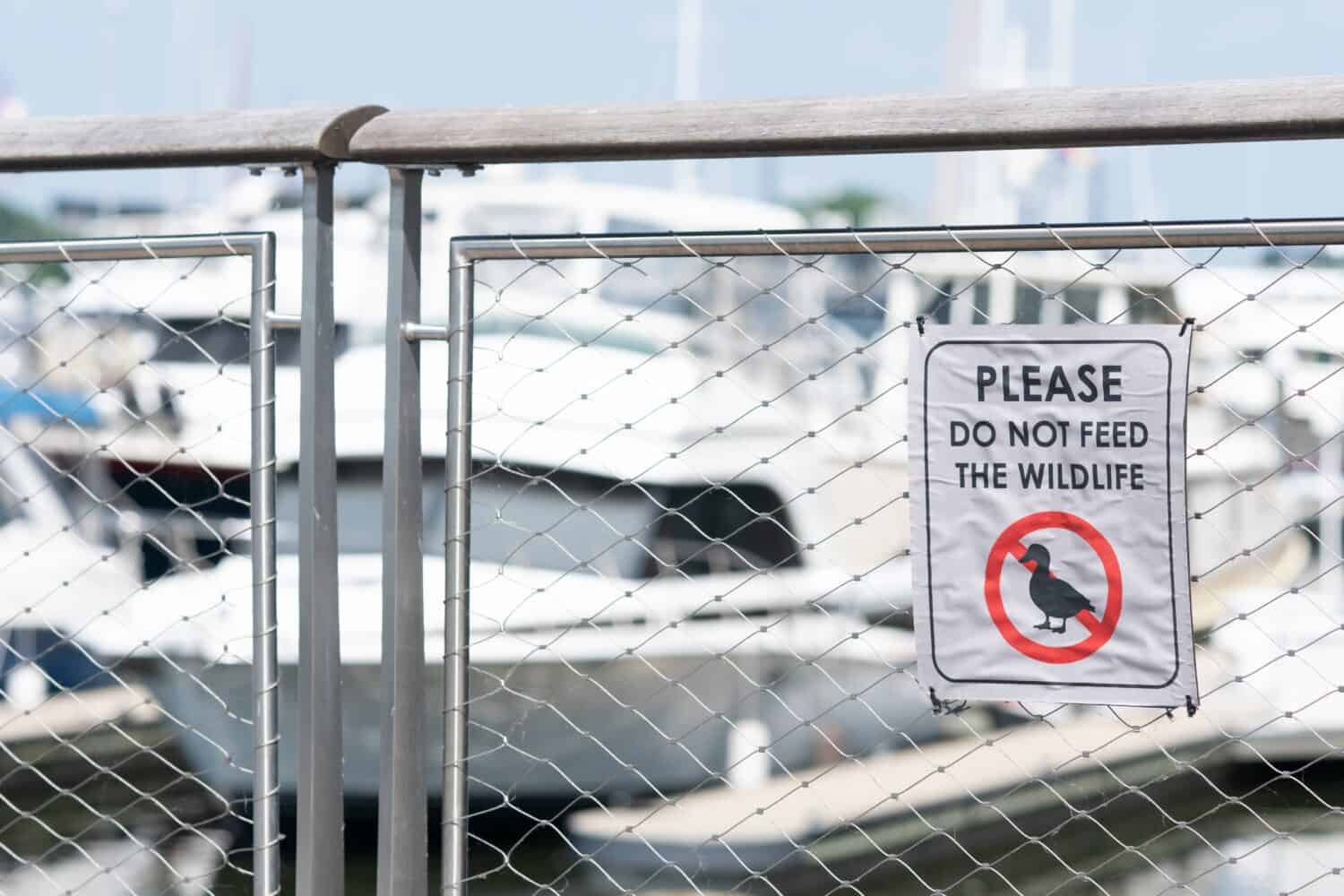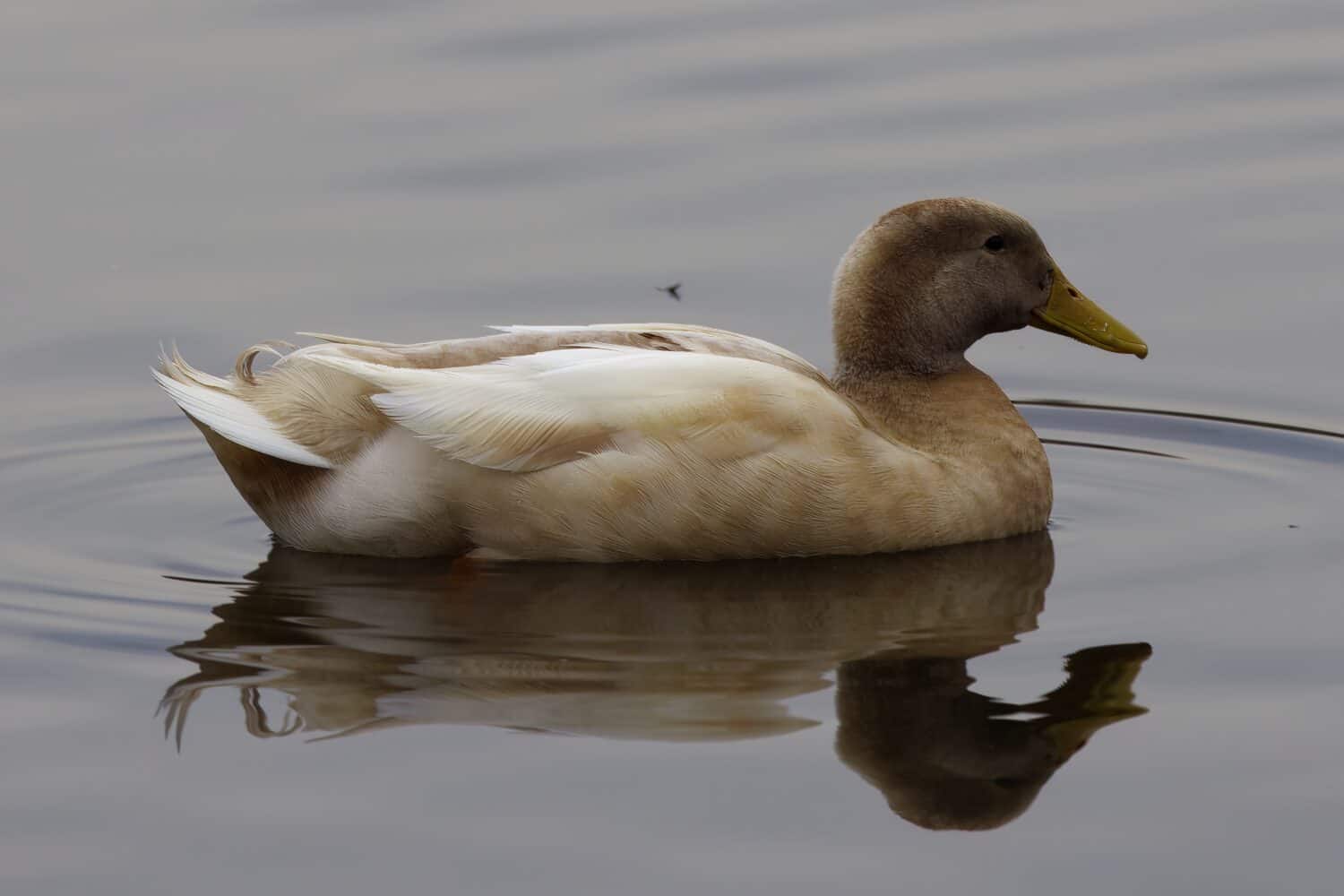Visiting your local pond and feeding the ducks and geese there can be a fine experience for children and adults alike. However, it’s important to take some precautions and educate yourself in proper duck-feeding etiquette before you go. For example, can ducks eat bread? You may be tempted to say yes, but the truth is that ducks and geese shouldn’t be fed bread. Fresh, stale, whole grain — no matter the type, it’s important to avoid packing bread for this experience.
Below, learn just why bread is harmful to your local waterfowl, as well as snacks to prepare instead. Plus, learn other rules to keep in mind to help protect ducks and geese.
Ready to learn more? Let’s dive in!
Why Shouldn’t You Feed Geese and Ducks Bread?
Bread, crackers, popcorn, croutons — all of these and more are foods you should avoid feeding ducks. This is because these foods offer low nutritional value but are high in carbohydrates.
While carbs are good in moderation, ducks who fill up on bread won’t be motivated to seek out common dietary options that they require to receive the nutrients they need. Because of this, over time, they can become malnourished. This can lead to low reproductive rates and reductions in populations, especially if entire local flocks are being fed bread.

Ducks need a specific diet to help keep them healthy.
©Navaashay/Shutterstock.com
What Can You Feed Ducks Instead?
Believe it or not, it’s actually best not to feed ducks at all. No matter whether you’re dealing with a duck or a mountain lion, it’s best to let nature carry on as it is supposed to. An unnecessary human interface can have some unsuspected outcomes. For instance, human-fed duck populations may grow out of control. This can increase disease or accidents while also causing difficulties in daily human life.
In extreme cases, ducks that are fed constantly by humans may become unable to care for themselves. Because of this, when human food isn’t available, ducks may starve.
Feeding ducks can also wreak havoc on the local habitats. Not all food will always be consumed by the ducks. This can result in unintentional litter, which can draw harmful pests to areas as well as pollute waterways. These results are especially common when bread is involved.

It is best to avoid feeding all wildlife, including ducks, to help keep them from becoming dependent on humans.
©010110010101101/Shutterstock.com
Thank you for reading! Have some feedback for us? Contact the AZ Animals editorial team.








